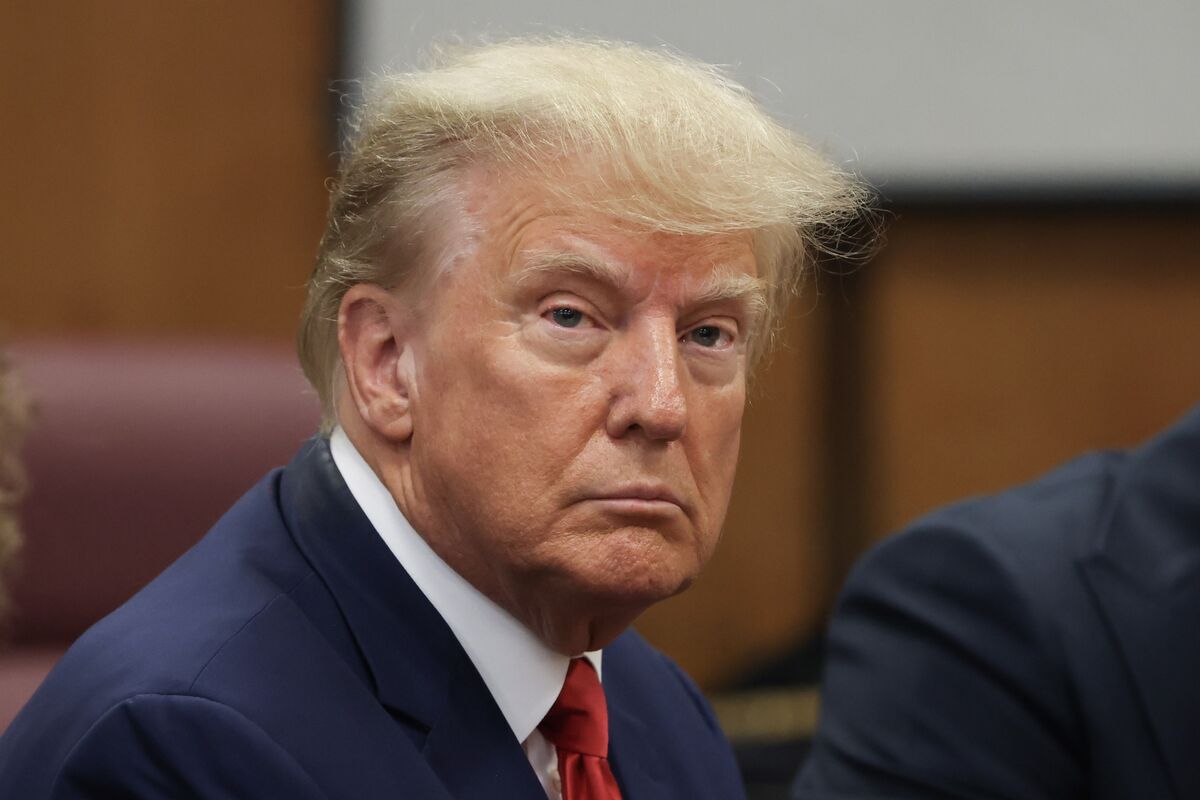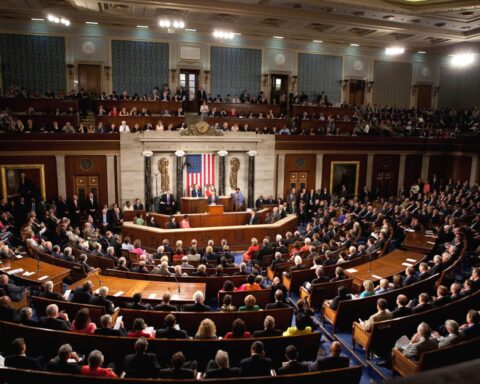U.S. President Donald Trump is preparing to nominate Michael Selig as the next chair of the Commodity Futures Trading Commission (CFTC), following the withdrawal of Brian Quintenz’s nomination.
Bloomberg first reported the development, citing an unnamed official within the Trump administration.
An official announcement has not yet been made.
Selig’s Crypto Background and Role at SEC
Michael Selig currently serves as chief counsel for the Securities and Exchange Commission’s (SEC) crypto task force and senior adviser to SEC Chair Paul Atkins.
He has earned a reputation as a “pro-crypto” regulator, a label welcomed by many in the digital asset community.
Selig’s potential appointment is being viewed by industry participants as a sign of continuity in Trump’s growing focus on cryptocurrency regulation.
Analysts believe that his experience bridging financial regulation and crypto innovation could help define the next phase of U.S. digital asset policy.
Nomination Shift After Quintenz Withdrawal
The CFTC nomination process has faced delays since September.
Brian Quintenz, Trump’s initial pick, withdrew his name following reported pressure from the Gemini crypto exchange co-founders, Tyler and Cameron Winklevoss.
Quintenz later confirmed he would return to the private sector, ending speculation about his role in the administration.
Trump has considered transferring greater responsibility for cryptocurrency oversight to the CFTC since early 2024.
Under his administration’s “Working Group on Digital Assets,” the CFTC and SEC are expected to share joint responsibility for regulating various types of crypto assets.
Policy Framework for Digital Assets
The Working Group’s July report recommended assigning oversight of spot crypto markets to the CFTC, recognizing most cryptocurrencies as commodities rather than securities.
In contrast, digital assets categorized as securities — such as tokenized bonds or stock-like instruments — will remain under SEC jurisdiction.
This split aims to clarify how different types of tokens are regulated and prevent overlapping mandates.
Joint SEC–CFTC Cooperation Intensifies
In September, the two agencies issued a joint statement pledging to “harmonize” their crypto regulatory frameworks.
Legal experts described the move as a major step toward reducing uncertainty and building a more cohesive approach to U.S. crypto oversight.
The CFTC also launched a “crypto sprint” in August to fast-track policy actions based on the White House Working Group’s recommendations.
These initiatives have fueled speculation that the SEC and CFTC could eventually merge into a single body.
However, SEC Chair Paul Atkins dismissed that notion, clarifying that only Congress or the U.S. president has the authority to merge the agencies.




